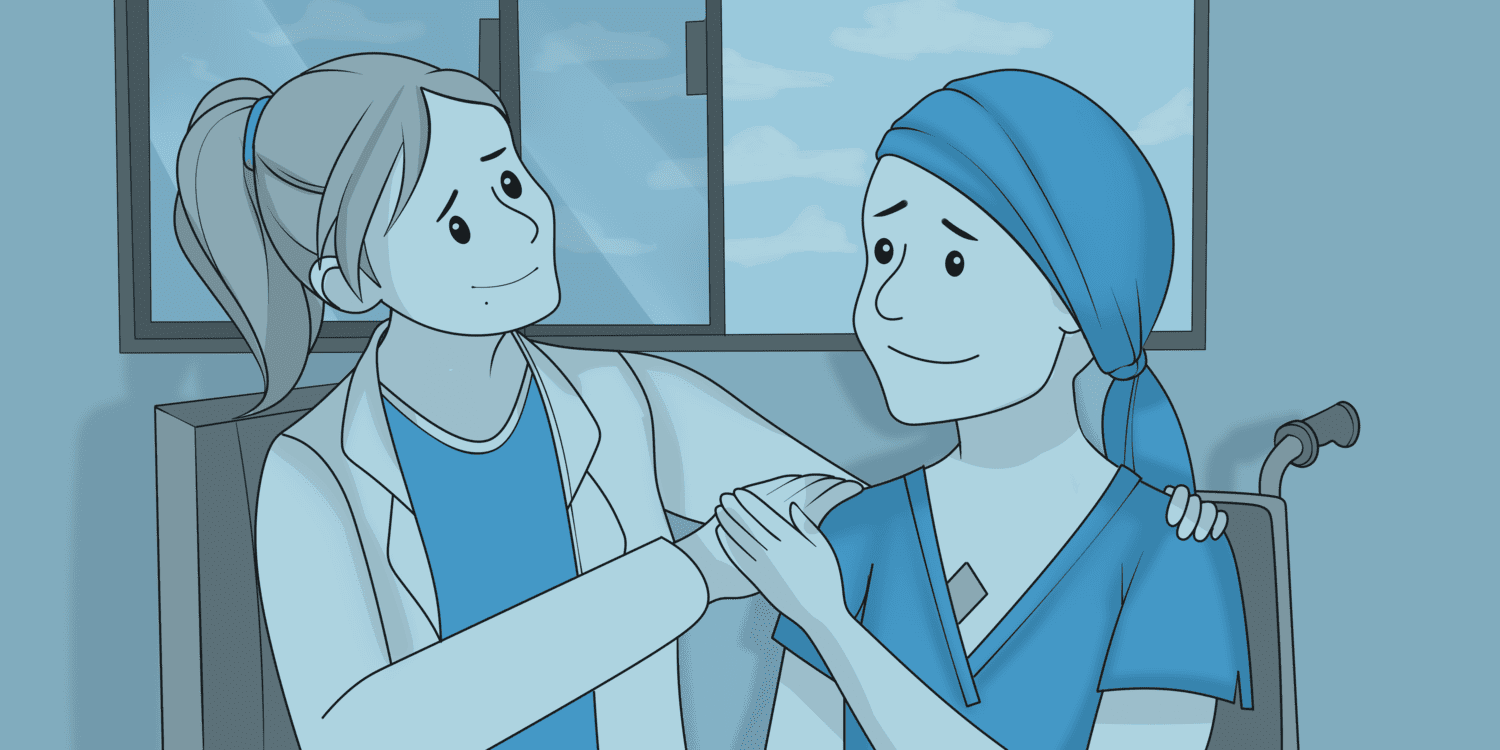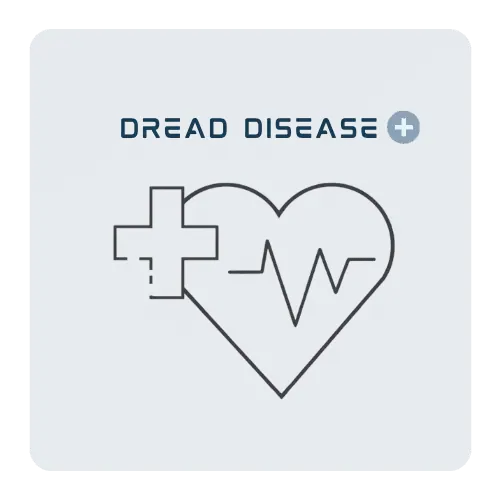
COMPREHENSIVE DREAD DISEASE INSURANCE FOR YOUR SECURITY
Our dread disease insurance provides a predetermined sum for serious illness, covering financial obligations, medical treatments, or maintaining your living standards.
Critical Illness Insurance
The risk of severe disease is often underestimated. A 35-year-old man today has a 1 in 3 chance of developing cancer or a heart attack. Primary care is covered by health insurance. However, lengthy and costly treatment and recovery times often result in high costs frequently not covered by insurance benefits. With Serious Illness Prevention, you can close this provision gap.
"NEODIRECT DREAD DISEASE +" (Severe Illness Insurance) offers you and your family financial protection in the event of serious illness. You can close your coverage gap today! Find your consequential serious illness provision for you and your family and benefit from favorable premiums here. Request a non-binding offer now.
Protect yourself from the threats of severe illness and secure financial support in an emergency with dread disease insurance.
DREAD DISEASE INSURANCE 🎯
Rise against the threat of serious illness with dread disease insurance! In a world of ubiquitous health risks, this insurance allows you to enjoy comprehensive protection and financial security. Whether it's cancer, heart attack, stroke, or other serious illness - dread disease insurance steps in when you need it most. It provides you with a financial payout to help you manage treatments, medical expenses, and even loss of income.
Dread disease insurance differs from traditional health insurance in that it pays you a fixed sum if you are diagnosed with a specific illness. This sum of money allows you to cover additional expenses that may not be covered by your health insurance, such as alternative treatments, rehabilitation costs, or maintaining your standard of living during recovery.
You can tailor the coverage of dread disease insurance to your individual needs by choosing from different scopes of benefits.
That way, you can ensure you have the proper protection to give you the financial security you need in an emergency.
Rely on the support and protection of insurance to help you battle serious illness and give you the backing you need to recover and get strong again.< Take control of your health and financial future with dread disease insurance. Be ready for emergencies and take precautions to focus entirely on your recovery.
NEED
It would be best to start severe illness prevention early because young and healthy people receive good protection in the best conditions. As a non-smoker, you benefit from particularly favorable premiums.
HEALTH ISSUES
Health questions must be answered completely and truthfully. Do not hesitate to state illnesses that you consider insignificant. Incorrect or incomplete information may release the insurer from its contractual obligation.
RUN TIME
You can take out a whole-life severe illness insurance policy if you wish. However, the term should last at least until the age of 67.
POST-INSURANCE GUARANTEE
It is generally essential that your contract contains a subsequent insurance guarantee. This is the only way to increase or extend your insurance coverage during the current contract without a health check.
SUM INSURED
The amount of the insured sum is estimated, considering other anticipated income.
